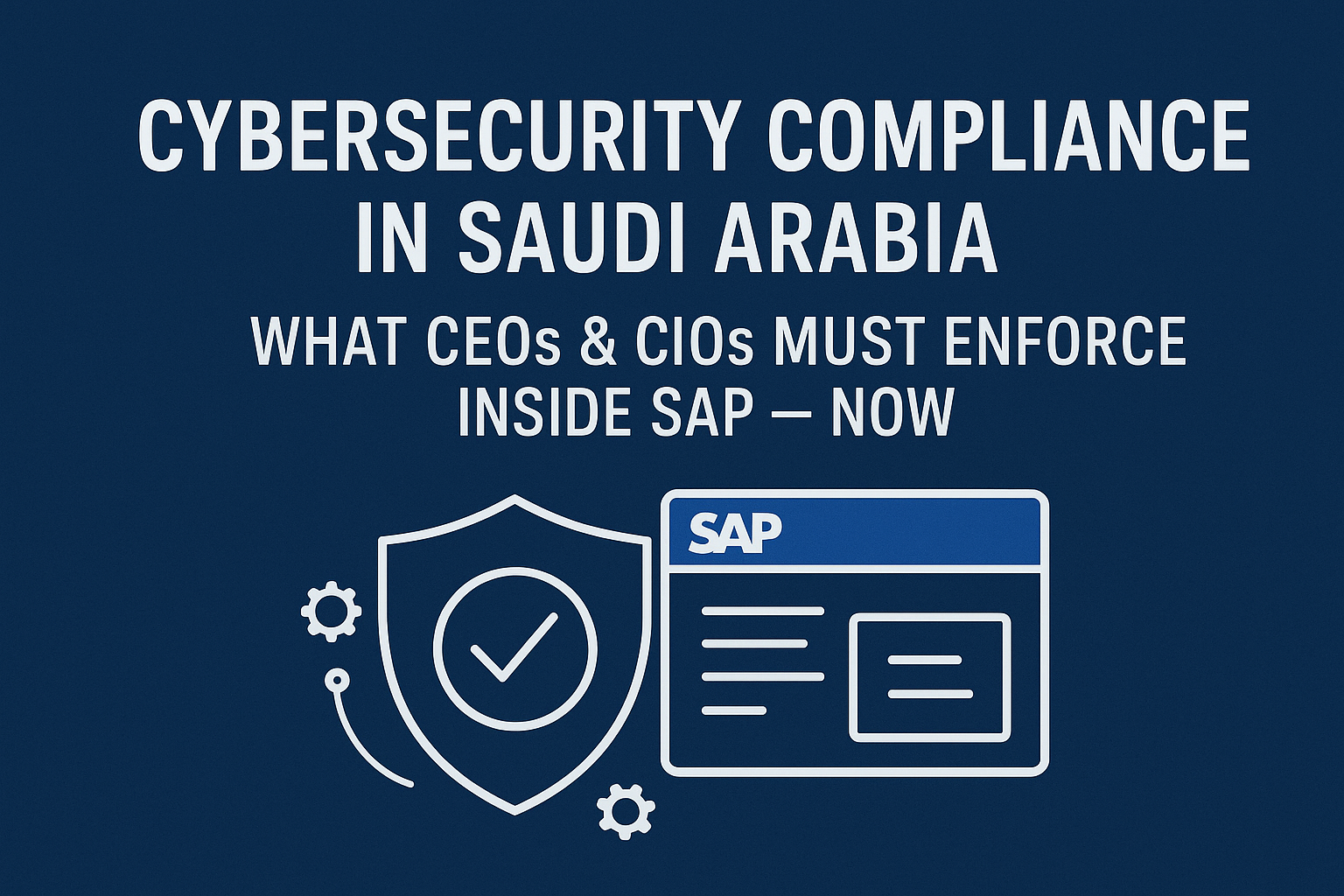Consulting has always evolved alongside technology, regulation and shifting global priorities. In 2025 the consulting sector continues to transform as new forces change the needs of organizations worldwide. Companies seek guidance not just in operational efficiency or market entry, but in meeting increased compliance requirements, adopting purpose-driven business models and managing rapid digitalization. These forces shape how consultancies approach their work, structure their services and attract skilled professionals. The coming years promise both challenges and opportunities for firms and clients alike, with organizations relying on trusted advisors to address complexity and uncertainty.
Innovation and Technology Integration
The Digital Transformation Wave
Digital transformation represents one of the primary changemakers in consulting for 2025. Organizations require help navigating technology upgrades, system migrations and digital-first business strategies. The rise of cloud platforms, advanced analytics and artificial intelligence calls for consultants to adapt capabilities constantly. Advisors now bridge technical gaps between legacy infrastructure and next-generation tools, ensuring seamless transitions. Firms enhance value by offering practical, tailored solutions focused on client-specific business outcomes instead of generic technology adoption.
Artificial Intelligence in Consulting
Artificial intelligence shapes the consulting industry in many ways. Emerging tools analyze vast datasets, predict trends and automate mundane tasks that once consumed hours of consultants' time. AI-driven platforms enable faster decision-making, scenario planning and compliance monitoring. Yet technology cannot replace human judgment entirely. Consultants blend machine insights with nuanced understanding of organizational culture, regulatory requirements and stakeholder interests. The most effective advisors understand when to rely on algorithms and when to apply personal experience, empathy or negotiation skills to solve complex problems.
Cybersecurity as a Business Priority
Cyber threats have become more frequent and sophisticated in recent years. As dependence on digital infrastructure grows, protecting sensitive data and critical systems assumes a central role in consulting. Consultants advise clients on risk assessments, incident response planning and regulatory frameworks such as GDPR and ISO 27001. A key trend for 2025 is embedding cybersecurity as a fundamental business practice, not as an IT afterthought. Specialized advisors help clients integrate security policies into daily operations while balancing user productivity, compliance needs and cost control. Cybersecurity is no longer a specialized concern but a cornerstone of modern business strategy.
The Rise of Regulation and Compliance
Complex Regulatory Environments
Companies encounter growing regulatory demands worldwide. From financial transparency rules to privacy laws, compliance with local and global requirements tests organizations' agility and expertise. Consultants help simplify these regulations, interpreting law into actionable policies that fit each client's footprint. Advisors focus on designing holistic compliance frameworks tailored to industry practice and geography. Instead of isolated compliance checks, consultants support ongoing process improvements, regular risk assessments and training programs, keeping clients ready for audits and inspections at all times.
The Evolving Role of Audits
Auditing in 2025 extends beyond traditional financial review. Auditors now verify data integrity, control effectiveness and cybersecurity protocols in addition to balance sheets. Consultants prepare clients for a broader scope of evaluation, identifying process gaps before an external review exposes weaknesses. The best advisors work as partners, not just checklists, providing continuous guidance so organizations can thrive under scrutiny. This proactive culture limits fines, operational disruptions or reputational harm associated with regulatory non-compliance.
Sustainability and ESG Reporting
Environmental, social and governance (ESG) factors drive new rules and reporting expectations in nearly every sector. Organizations must demonstrate responsible practices that include environmental impact reduction, fair labor standards and transparent governance structures. Consultants assist with internal policy development, reporting frameworks and technology implementation to meet these standards. The significance of transparent ESG disclosure is rising, with stakeholders expecting concrete data and verified progress instead of aspirational statements. Advisors teach organizations to embed sustainability in everyday management, moving beyond checklists to measurable outcomes.
Human Capital and Talent Transformation
Focus on Talent Development
Access to skilled people remains essential for every consultancy. As technology reshapes service delivery, training and upskilling become priorities for high-performing teams. Firms invest heavily in employee learning programs, offering technical certifications, soft skills workshops and cross-disciplinary experiences. The war for talent continues, with companies competing not only on salary but on purpose, mission and opportunities for personal growth. This focus on continuous learning encourages innovation as teams bring new perspectives to familiar challenges. Consulting is no longer a field for generalists alone—specialists in data privacy, change management or industry-specific regulations gain influence.
Remote and Hybrid Work Models
The COVID-19 pandemic accelerated the adoption of remote and hybrid work. By 2025 flexible working arrangements are the new normal. This shift allows consulting firms to recruit talent from wider geographies, balancing skills and perspective across regions. Clients benefit from quicker responses and greater availability, with teams operating across time zones. However the virtual era requires new management skills. Leaders cultivate team cohesion, clear expectations and communication protocols to overcome the challenges of distance. Technology platforms facilitate collaboration, but human connection, empathy and adaptability remain central to success.
Partnering with Young Talent
Younger professionals bring energy, creativity and technical skills that complement experienced advisors' wisdom. Many consulting firms establish programs to attract university students and recent graduates, offering internships and hands-on learning opportunities. This partnership benefits both sides. Students gain exposure to real-world projects and professional mentoring while organizations access a talent pipeline eager to learn and contribute. Consultants integrate fresh perspectives with established practices, driving a culture of innovation without losing core values. Cultivating the next generation strengthens the entire profession, ensuring consulting remains resilient as technology and regulations progress.
Customization and Client-Centricity
Bespoke Solutions for Unique Challenges
Standardized, one-size-fits-all solutions struggle to address the varied needs of modern organizations. Clients now expect tailored support, with advisors crafting recommendations that reflect each company’s strategy, culture and operational structure. Data analytics, in-depth industry knowledge and a focus on process optimization support this trend. Consulting moves beyond strategic planning to hands-on implementation, training or change management. Advisors build close relationships with clients, acting as partners rather than external critics. This shift requires empathy, creativity and big-picture thinking as firms design long-lasting value—not just short-term fixes.
Speed and Responsiveness
Business cycles move faster than ever. Organizations expect consultants to deliver quick insights without sacrificing accuracy or insight. Agility becomes an industry standard. Firms invest in process automation, digital toolkits and streamlined communication to anticipate client requests and respond promptly. Rapid project turnarounds build trust and loyalty, while clients appreciate the efficiency-driven approach. At the same time advisors maintain high standards for quality and compliance, upholding their reputations while keeping pace with change. The ability to balance urgency and diligence distinguishes leading consultancies from the rest.
Managed Services Models
Many companies shift from project-based consulting to managed services. Instead of one-time advice, organizations contract advisors for ongoing support and process oversight. Managed services address areas such as risk management, IT operations or compliance, giving clients peace of mind while allowing internal teams to focus on core business goals. Flexible service levels, customizable reporting and variable pricing make this model attractive for firms navigating resource constraints. Consultants act as trusted partners, providing specialized expertise over months or years. This arrangement allows deeper understanding of client operations and stronger long-term collaboration.
Globalization and Market Shifts
Competing in a Global Marketplace
Consulting in 2025 crosses borders as never before. Technology, regulatory alignment and worldwide talent pools mean firms operate in diverse regions with unique challenges. Multinational clients require globally consistent advice that honors local contexts. Advisors often coordinate efforts across regions, languages and time zones to deliver seamless service. Emerging markets attract attention for their growth potential and distinct regulatory landscapes. Consultants invest in cultural intelligence, local partnerships and risk analysis to succeed in these regions. Balancing global scale and local insight forms the foundation of modern consulting.
Nearshore and Onshore Service Models
Many companies reconsider where they procure consulting services. While offshore delivery offers cost savings, nearshore and onshore models gain popularity for several reasons. Clients prioritize proximity, cultural fit and rapid responsiveness alongside pricing. Employing teams within the same country or region enables closer collaboration, compliance with local employment laws and support during peak times or emergencies. Onshore service also allows firms to offer weekend or after-hours availability, reflecting clients’ expectations of round-the-clock support in an increasingly digital world. These models create opportunities for students, newcomers and specialists to gain experience while serving local markets.
Data-Driven Decision MakingAnalytics and Process Optimization
The era of data-driven consulting is in full swing. Advisors leverage analytics platforms to extract actionable insights from vast volumes of information. This enables smarter decision-making, risk identification and performance monitoring. Consultants use predictive analytics to help clients anticipate market shifts or regulatory changes before they occur. Process automation and data visualization tools make complex problems understandable, so clients can prioritize initiatives with highest impact. This approach requires consultants to blend technical proficiency with business acumen, ensuring data-driven strategies align with real-world objectives.
Trusted Data Governance
With an explosion of digital information, managing data responsibly is more important than ever. Advisors support organizations in establishing policies for data collection, storage, access and privacy. Clear documentation, robust controls and ongoing training reduce the risk of breaches or misuse. Data governance frameworks assist clients in meeting global regulations such as GDPR, ensuring they honor customer trust and avoid penalties. By 2025 ethical handling of data becomes a cornerstone of advisory practice, with consultants leading by example in upholding high standards and transparency.
Industry-Specific ExpertiseSpecialized Consulting Skills
Generic business advice no longer meets the needs of sophisticated organizations. Clients seek deep industry knowledge, whether in finance, manufacturing, energy or healthcare. Advisors invest in continuous learning, maintaining certifications and participating in industry forums to stay ahead of trends. Sector-specific risk management, regulatory change and operational innovation demand nuanced understanding. Firms build specialized teams to address the particulars of each industry, partnering with clients to target their greatest challenges. This expertise translates into greater impact and longer relationships, as advisors earn trust through demonstrated competence.
Regulatory Intelligence for Auditors
Auditors increasingly rely on consulting partners to provide up-to-date intelligence on shifting regulatory structures. Advisors interpret rules such as ISA 315 or SOX for practical application within client organizations. Regular updates, compliance workshops and readiness assessments help firms adjust policies ahead of regulatory deadlines. By acting as thought leaders, consultants shape industry practice and public policy conversations. This supports not just individual clients, but the sector as a whole, helping companies adapt and thrive despite regulatory complexity.
Ethics, Transparency and Trust
The Value of Trust in Consulting
Consulting is ultimately a trust-based business. Organizations share confidential data, strategic goals and operational challenges with advisors who must respect that trust every day. Transparency, honesty and ethical behavior underpin every successful relationship. Consultants disclose conflicts of interest, explain methodologies and communicate clearly about risks or limitations of their recommendations. By building trust over time, advisors empower clients to make brave decisions, innovate responsibly and weather regulatory scrutiny. Firms with reputations for integrity secure more business, retain top talent and influence the direction of their industries.
Promoting Diversity and Inclusion
Diversity and inclusion are not just moral imperatives—they are business advantages. Consulting firms with diverse teams benefit from richer ideas, better problem-solving and improved representation of client perspectives. Proactive recruitment, equitable pay structures and transparent promotion policies drive these outcomes. Clients are demanding proof of meaningful inclusion, not just declarations. Advisors champion broader participation in industry conversations and leadership roles. Inclusive cultures attract talent, deepen client loyalty and ensure that consulting advice resonates with a growing variety of stakeholders. By 2025 industry leaders see diversity as essential to sustained growth.
Staying Ahead: Continuous Learning in Consulting
Adapting to New Methodologies
Continual innovation is the norm in consulting. New methodologies emerge to address emerging challenges, such as agile project management for rapid deployments or design thinking for user-centric services. Advisors commit to lifelong learning, updating their skills, experimenting with new frameworks and sharing lessons learned across teams. Professional organizations, online learning platforms and peer networks provide resources to stay current. This commitment ensures clients benefit from the latest thinking, robust processes and proven techniques, while the profession attracts passionate problem-solvers dedicated to improvement.
Mentoring and Knowledge Transfer
Mentoring plays a vital role in sustaining consulting excellence. Senior advisors guide new entrants, sharing industry norms, ethical frameworks and insights that may not appear in textbooks. Structured knowledge transfer processes—such as documented playbooks or team debriefs—preserve lessons from past projects. By valuing both formal and informal learning, firms build strong cultures of performance and resilience. Mentoring inspires confidence in younger professionals, who carry forward the industry’s traditions while driving innovation. This cycle of sharing ensures consulting remains a profession rooted in both heritage and ambition, ready to meet future demands.
Transparency in Client Engagements
Clear Communication Practices
Transparent client communication is critical to consulting success. Firms implement structured processes for reporting, progress updates and problem escalation. Advisors set realistic expectations, respond promptly to queries and document recommendations. Open feedback channels help refine service delivery and maintain alignment with client priorities. Clarity avoids misunderstandings, improves project outcomes and builds loyalty. By 2025 clients expect more than expertise—they demand accessibility, candor and responsiveness at every stage of a project.
Documenting Value Delivered
Consulting firms strive to document the tangible benefits they deliver. Quantitative and qualitative tracking of business impact—cost reduction, compliance metrics or cultural improvement—enables both parties to celebrate successes and identify areas for future collaboration. Transparent value measurement supports fair pricing, contract renewals and multi-year relationships. As clients face their own accountability requirements, detailed documentation reassures boards, regulators and investors of sound decision-making. Advisors who make value visible differentiate themselves in a competitive marketplace.





